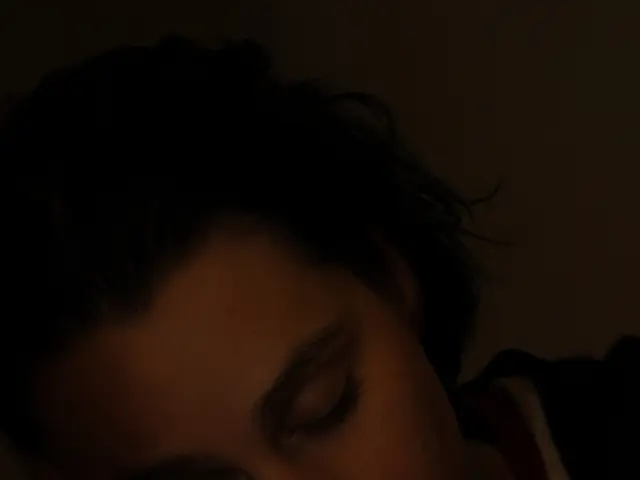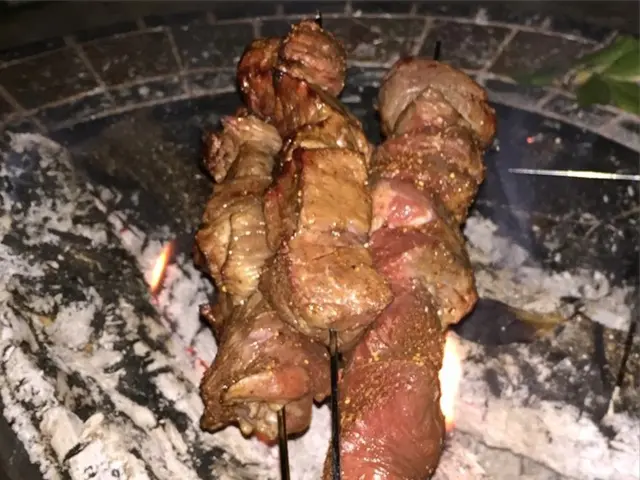Buzzing Summer Ahead: Mosquitoes Galore in Lower Saxony
Anticipated Increase in Mosquito Population in Lower Saxony - Ample Number of Mosquitoes Forecasted in Lower Saxony
Get ready for a swarm of mosquitoes this season! According to health officials, the mild winter means a stronger mosquito population is likely this year. With climate change enhancing their living conditions, expect an increase in common house mosquitoes (Culex pipiens).
While mosquito bites generally cause nothing more than an irritation, it's essential to take precautions. Experts recommend opting for long sleeves and trousers, and employing sprays that repel these pests. For additional protection, homeowners can help minimize the spread of mosquitoes by drying out potential breeding spots, such as watering cans and flower pots, or by covering the rain barrel with a protective net.
Exotic Species On The Rise
Warm summers and altered rainfall patterns have allowed the spread of exotic mosquito species towards the north. Tiger mosquitoes have made an appearance, with a few individuals surfacing. Although established populations have yet to be confirmed, they're expected to become commonplace in northern states in the long run.
Daytime annoyances, tiger mosquitoes are annoying due to their activity during the day. Though they can theoretically transmit tropical diseases such as dengue, Zika, and Chikungunya viruses, none have been detected in German tiger mosquito populations so far.
West Nile Virus Alert: Horses Need Vaccines
The West Nile virus, reportedly present in Germany since 2018, poses a threat for both humans and animals. In Lower Saxony, the virus infected horses and humans for the first time in 2024. Unfortunately, this virus cannot be controlled through conventional mosquito management due to the common house mosquito's widespread presence.
The virus typically results in mild or asymptomatic infections in humans, but severe cases can occur, potentially leading to encephalitis or meningitis. Symptoms are often similar to a feverish cold, and only a tiny percentage of infected individuals suffer life-threatening consequences, particularly older patients. For horses, the situation can be even more severe, with neurological symptoms like stumbling, paralysis, muscle tremors, and weakness occurring. Horses in affected regions are recommended to receive vaccines. No vaccine is currently available for humans.
Keep these tips in mind for a mosquito-free summer:
- Apply insect repellents with DEET, picaridin, or IR3535.
- Wear protective clothing like long sleeves, trousers, and socks.
- Eliminate standing water around your home.
- Use mosquito nets for added protection.
- Stay informed about mosquito-borne disease outbreaks in your area.
- The increasing number of exotic mosquito species in EC countries, such as the tiger mosquito, can be attributed to climate change and altered rainfall patterns, making it essential to monitor and prevent their spread, particularly in northern regions.
- Aside from advising the use of insect repellents and protective clothing, it's crucial for homeowners to eliminate sources of standing water to prevent mosquito breeding, curtailing the growth of their populations.
- Although common house mosquitoes are mainly a nuisance in Germany, with the West Nile virus already present and affecting both humans and animals, particularly horses, it's important to stay vigilant and aware of the situation, ensuring horses are vaccinated to mitigate the risk of infection.








